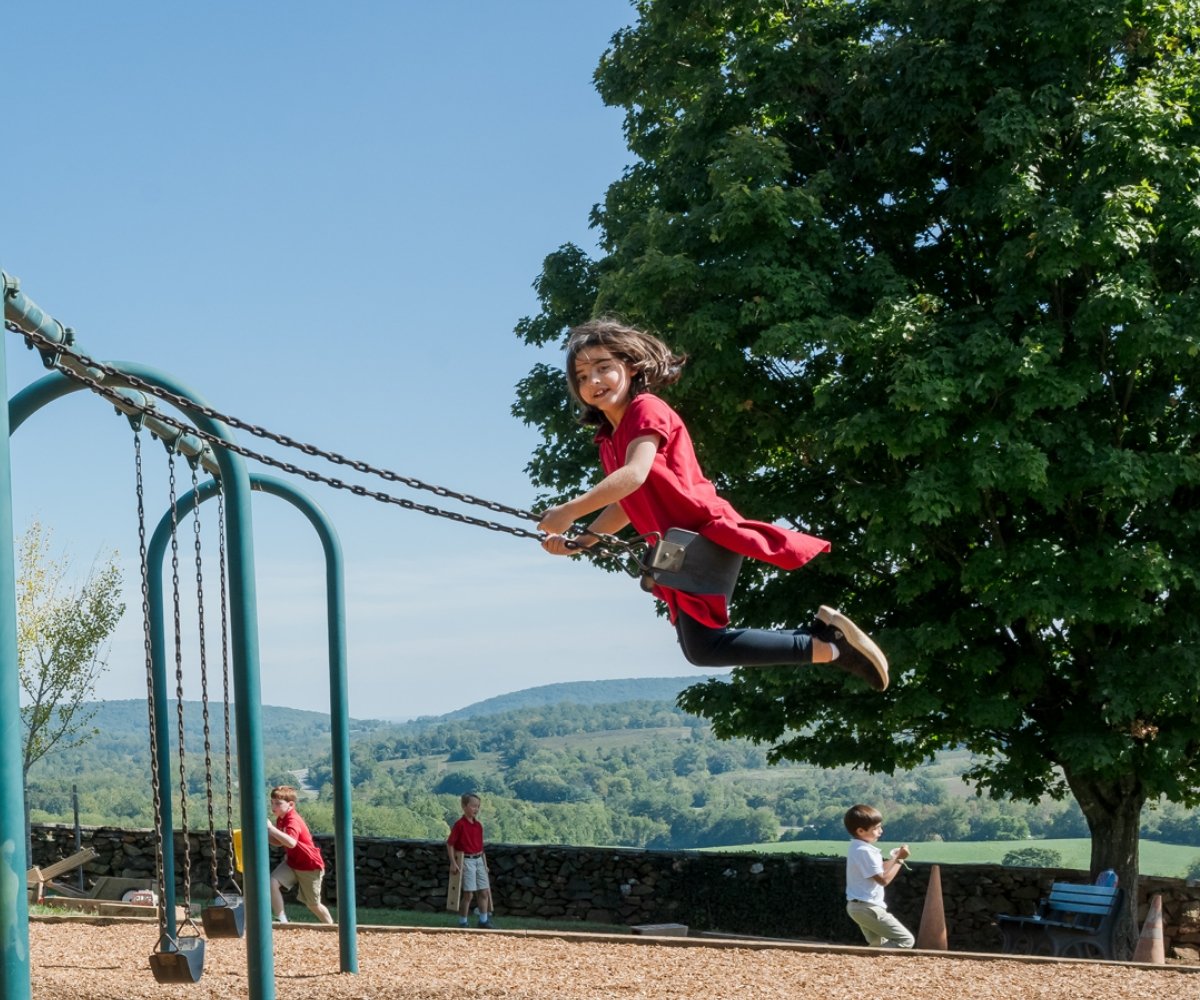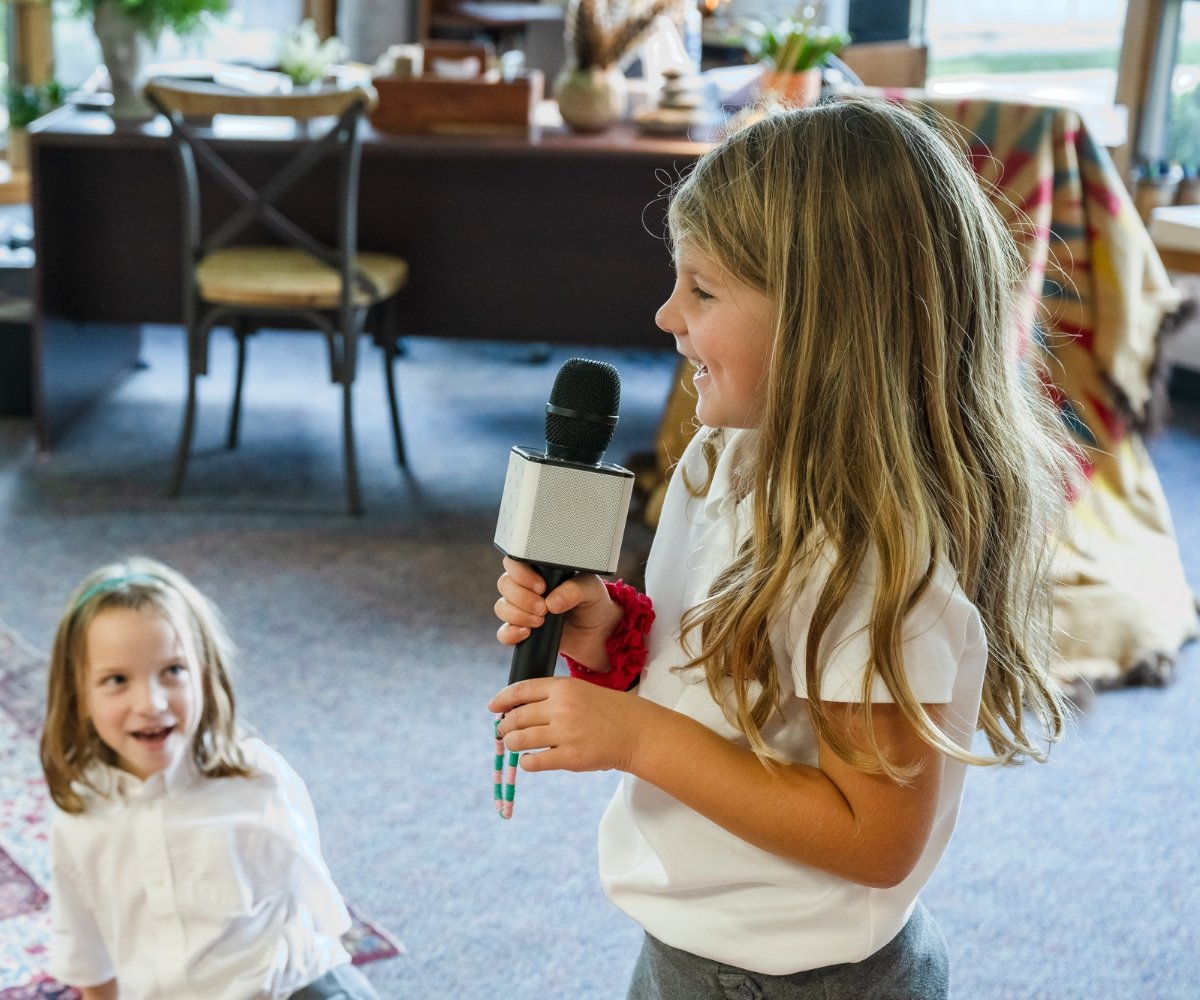Lower School Philosophy & Approach
When You Foster Curiosity & Risk-Taking, Something Remarkable Happens.
Students become critical thinkers, good hearts become great ones, and our students become capable, ethical, and articulate leaders who are equipped to take on their futures.
Our Lower School is a place of student-centered learning, anchored in real-life experiences, personalized attention, and a cross-disciplinary approach. This philosophy results in a hands-on learning environment that actively fosters character development and leadership. In this setting, students are not passive recipients of knowledge but active participants in their learning process. Our teachers cultivate their curiosity, instilling a love for learning and emphasizing academic understanding and social development within the context of an independent school education.
Character
Character Counts at Wakefield
In the Lower School, our focus is on nurturing not only academic excellence but also the development of character. Throughout the year, we introduce our students to the Wakefield Way.


Curiosity
Through Play, Children Learn to Create,
Analyze, Measure, and Collaborate
Children learn best through play and exploration. With a curriculum built on experiential learning and transdisciplinary discovery, our students use their senses to construct a deep understanding of the world around them.
Clear Voices
When We Celebrate Mistakes, the Path to
Self-Awareness and Self-Expression is Open
In our Lower School, teachers awaken the curiosity, excitement, and confidence in our students and empower them to effectively communicate these qualities with the world.

The Lower School by Grade
Junior Kindergarten & Kindergarten
Emphasis on hands-on and play-based learning.
Teachers work closely to plan projects that carry through a child’s journey from Junior Kindergarten and on to Kindergarten. Our Kindergarten graduates leave prepared to take the next step in their educational journey.
First, Second, & Third Grades
We are curious, we set and meet our own goals, and above all, we are passionate about learning and challenging ourselves to be the best we can be using our individual strengths.
Fourth & Fifth Grades
Fourth and fifth grade mark the transitional years between the lower grades and Middle School. Students are given more responsibility as they take on the leadership roles in the Lower School.


